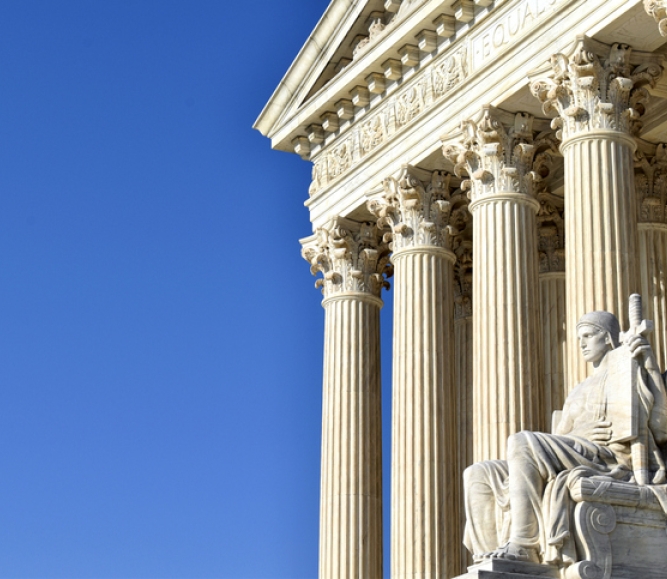U.S. Supreme Court establishes clear test for classifying private social media use as state action
Author
Upcoming Events
Related News

Key Takeaways
On March 15, the U.S. Supreme Court issued a 9-0 ruling in Lindke v. Freed, which together with O’Connor-Ratcliff v. Garnier focused on the question of whether and when a public official’s use of a personal social media constitutes “state action” governed by the First Amendment (and therefore, subject to Section 1983 claims). In both cases, local citizens filed First Amendment lawsuits after being blocked from local officials’ personal social media accounts for making critical and repetitive comments.
- County nexus: The Court was asked to determine whether a local official’s personal social media account can be considered “state action,” which has consequences for county elected officials seeking to engage in their own private speech on social media platforms.
- NACo advocacy: NACo filed an amicus brief with the Local Government Legal Center in support of neither party, arguing for a clear rule that limits the liability of county governments while protecting the First Amendment rights of public officials and citizens alike. Learn more here.
- The Court’s ruling: In a favorable ruling for counties, the Court in Lindke v. Freed unanimously created a new constitutional test for determining whether government officials’ social media posts are attributable to the state: 1) the official must have authority to speak on behalf of the government and 2) must be exercising that power when creating the social media post in question. The Court vacated the judgements in both Lindke v. Freed and O’Connor-Ratcliff v. Garnier and remanded them to the lower courts for another look using this new test.
While the Court acknowledges that the test in question will still be fact specific, it has laid out an objective and clear rule that protects the speech of public officials and their constituents. County governments looking to protect public officials from liability in this area should examine the ruling, which includes hypotheticals and clarifications around application of this new test.
Webinar
Navigating Social Media as a Local Leader in the Wake of Recent SCOTUS Decision
This webinar is hosted in partnership with NLC.

Featured Initiative
Supreme Court Advocacy Hub

Related News

U.S. House passes final minibus funding package
Congress introduced the final FY 2026 Appropriations package, including key county priorities related to transportation, housing, health, emergency management and public safety

U.S. Congress passes minibus funding package
U.S. House and Senate appropriators passed a “minibus” appropriations package containing Fiscal Year (FY) 2025 Interior-Environment, Commerce-Justice-Science and Energy-Water spending bills.

